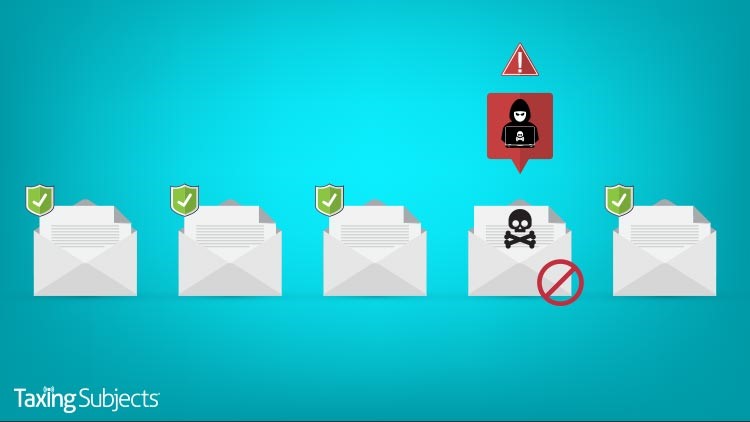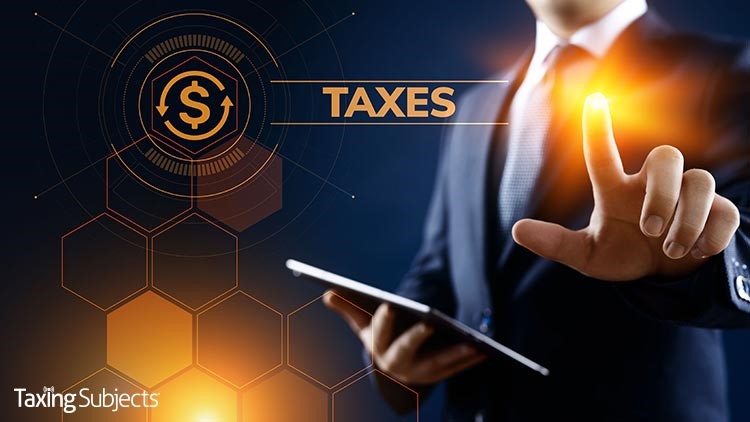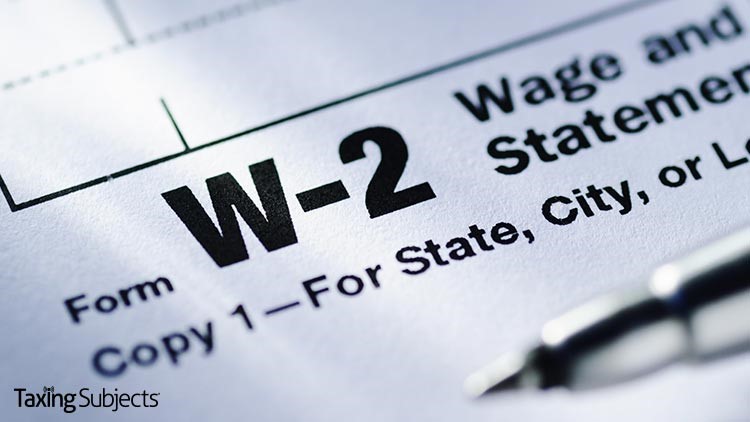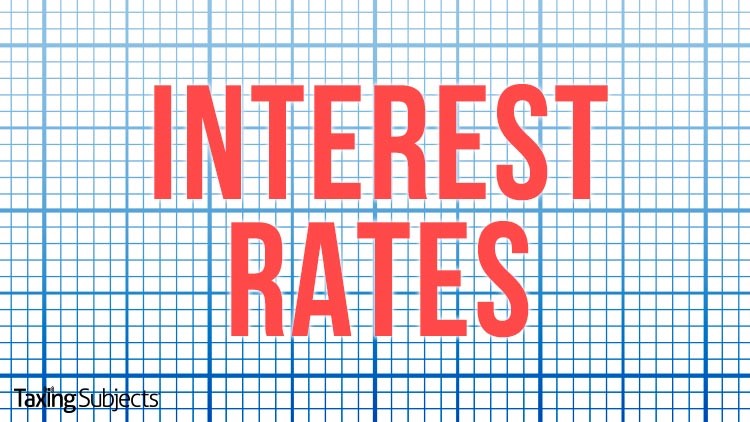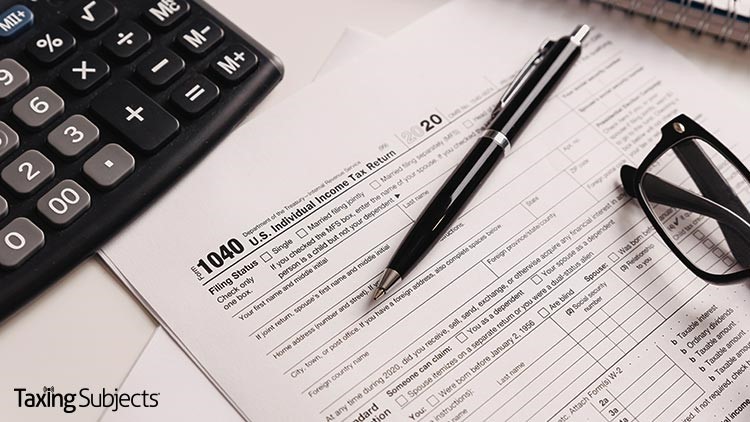by The Tax Place | Mar 11, 2021 | Tax Tips and News
It’s tax season, and that means you’re as busy as you can be. But it’s also the busy season for crafty criminals: scammers impersonating the IRS, either over the phone, by email or in person. Any of these methods can be used to steal money from people.
All taxpayers—and their trusted tax professionals—should stay vigilant against these schemes.
The Internal Revenue Service has released a list of tips to help people recognize and avoid tax-related scams.
While most of these tips are aimed at taxpayers, today’s tax pros take security seriously, so their clients should, too. Besides, when taxpayers are targeted by one of these scams, many times their tax preparer is the first one they call.
Help them be prepared.
Email Phishing Scams
Help your clients remember that the IRS does not initiate contact with taxpayers by email to seek personal or financial information. In most cases, the IRS first mails a paper bill to a person who owes taxes. In some special situations, the IRS will call or come to a home or business.
IRS-, Treasury-, or tax-related suspicious online or email phishing scams should be reported to phishing@irs.gov. Recipients should not open any attachments, click on any links, reply to the sender or take any other actions that could put them at risk.
Telephone Scams
As we mentioned, the IRS generally first mails a bill to a taxpayer who owes taxes. There are specific ways to pay taxes.
Scammers frequently exhibit behavior that the real IRS and its authorized private collection agencies just won’t allow, thus showing themselves to be imposters.
The IRS and its private collection agencies will not:
- Leave pre-recorded, urgent, or threatening messages on an answering system.
- Threaten to immediately bring in local police or other law enforcement groups to arrest the taxpayer for not paying, deport them, or revoke their licenses.
- Call to demand immediate payment with a prepaid debit card, gift card or wire transfer.
- Ask for checks to third parties.
- Demand payment without giving the taxpayer an opportunity to question or appeal the amount owed.
Remind your taxpayers that these criminals can fake or spoof caller ID numbers that appear to be from anywhere in the country. The scammers can even spoof an IRS office phone number or the numbers of various local, state, federal or tribal government agencies.
If a taxpayer gets an IRS- or Treasury-related phone call, but doesn’t owe taxes and has no reason to think they do, they should NOT give out any information, and hang up immediately.
Next, contact the Treasury Inspector General for Tax Administration to report the IRS impersonation scam call.
Report the caller ID and callback number to the IRS by sending it to phishing@irs.gov. Include “IRS Phone Scam” in the subject line of the email.
Lastly, they should report the call to the Federal Trade Commission.
If your taxpayer clients want to verify what taxes they owe to the IRS they should view tax account information online at IRS.gov and review their payment options.
Sources: Tips to help taxpayers spot and avoid tax scams
– Story provided by TaxingSubjects.com
by The Tax Place | Mar 10, 2021 | Tax Tips and News
The dates for the 2021 Nationwide Tax Forum have been set. But before you start calling for airline tickets, the announcement from IRS Commissioner Chuck Rettig has some helpful advice about travel plans:
“Like many of you, we look forward to resuming the IRS Tax Forum in-person events once we can safely do so. However, due to ongoing and evolving public health and safety concerns resulting from the COVID-19 health emergency, the 2021 IRS Nationwide Tax Forum and Expo will once again be offered virtually,” Rettig says.
This year’s Virtual Tax Forum will be held beginning July 20, and includes live webinars every Tuesday, Wednesday, and Thursday. The list of topics and program schedule will be released in early April.
In the meantime, IRS Commissioner Rettig has released a YouTube video on open registration for the event. In the video, the commissioner stresses that for now, the event remains a virtual affair.
“We’ve been working hard to ensure the IRS Nationwide Tax Forum program provides the information and services you need,” Rettig says. “I’m confident you’ll find this format just as informative as the in-person sessions and will enjoy the experience.”
To register, visit www.irstaxforum.com.
Held each summer for the past 30 years, the IRS Nationwide Tax Forums are the IRS’s signature outreach event to the tax professional community. In years past, the forums have been scheduled to take place in six cities around the country each summer.
For 2021, the IRS Nationwide Tax Forums will be held in a virtual environment with a series of live-streamed webinars and other online events.
What are the benefits of the Virtual Tax Forums?
Why attend this year’s Virtual Tax Forum? It’s a great opportunity to:
- Learn and earn CE credits from the comforts of home;
- Hear the latest updates on tax law, cybersecurity, ethics, and more;
- Get reliable information directly from the IRS;
- Visit the industry-leading vendors at the Virtual Expo; and
- Share experiences and discuss innovative ideas with the IRS through focus groups.
Tax pros who want to earn continuing education at the Virtual Tax Forums need to make sure they satisfy the three requirements outlined in the “Earning CE Credits” section of IRSTaxForum.com:
- Be present for the entire 60-minute presentation
- Respond to all polling questions throughout the presentation
- Complete the survey at the end of the presentation
That said, there is an important limitation for certain topics: “In cases where the same subject matter is presented in English and Spanish, the webinar will only qualify for one CE credit even if you participate in both the English and Spanish versions.”
When can I register for the IRS 2021 Nationwide Tax Forums?
Early registration for the 2021 Nationwide Tax Forums runs through June 15, and carries an Early Bird Rate of $240 per person. After June 15, the signup rate rises to $289.
Come see Drake Software at the Virtual Expo!
Drake Software will once again take part in the Virtual Expo, so be sure to visit our virtual booth!
Sources: IRS Nationwide Tax Forum Information; 2021 IRS Tax Forum Will Be Virtual; IRS Nationwide Tax Forum 2021; Annual Filing Season Program
– Story provided by TaxingSubjects.com
by The Tax Place | Mar 7, 2021 | Tax Tips and News
It’s not uncommon for taxpayers to forget some of the tax documents required to accurately file their return, even in a normal year. When dealing with a chaotic mix of mail delays, new tax credits, underemployment, and unemployment, it’s almost guaranteed that there will be at least a few issues. That’s why the Internal Revenue Service this week issued a tax tip to help taxpayers with missing or incorrect tax documents.
How do taxpayers request a replacement for a missing or incorrect form?
The type of form that is missing or incorrect dictates what a taxpayer should do to get a replacement. The IRS says taxpayers need to reach out to their “employer, payer or issuing agency and request the missing documents” for missing income-related tax documents that didn’t arrive in January, like Forms W-2, 1099-MISC, 1099-INT, 1099-NEC, and 1099-G.
Speaking of Form 1099-G, first-time recipients of unemployment benefits face two potential hurdles:
- Knowing they need to report unemployment payments as income in the first place
- Getting a correct Form 1099-G to help accurately report this income on Schedule 1
Further complicating matters relating to unemployment, some taxpayers have been getting a Form 1099-G for unemployment benefits that they never received. In addition to possibly being a sign that their identity has been stolen and used to fraudulently claim unemployment payments, affected taxpayers need to let the issuing state know they never received the unemployment payments listed on the form.
What should I do if my replacement forms won’t arrive before Tax Day?
Depending on when the replacement request is made, it’s possible the documents won’t arrive in time to meet the April 15 deadline. In that case, the agency suggests using substitute forms to “estimate the wages or payments made to them … [and] the taxes withheld” to timely file:
- Form 4852, Substitute for Form W-2, Wage and Tax Statement
- Form 1099-R, Distributions From Pensions, Annuities, Retirement or Profit-Sharing Plans, IRAs, Insurance Contracts, Etc.
The IRS says that taxpayers who got a Form 1099-G listing unreceived unemployment benefits should “[report] only the income they received.”
What should taxpayers do if they suspect their information has been used to fraudulently file for unemployment benefits?
After requesting a corrected Form 1099-G to accurately file a tax year 2020 return, taxpayers who receive an incorrect Form 1099-G may need to take steps to prevent identity thieves from using their information to fraudulently apply for credit cards, bank loans, and other financial services.
Drake Software Chief Compliance Officer Suzanne Vanderpool recommends a Federal Trade Commission resource for taxpayers who suspect they are a victim of identity theft: “The FTC has a very informative website, www.identitytheft.gov, that not only gives you steps you can take but also allows you to create a personal recovery plan.”
Sources: “Tax Tip 2021-26,” IRS.gov
– Story provided by TaxingSubjects.com
by The Tax Place | Mar 6, 2021 | Tax Tips and News
The Internal Revenue Service says its interest rates will hold at previous levels for the second quarter of 2021.
The IRS says the interest rates will be:
- 3% for overpayments (2% in the case of a corporation);
- 0.5% for the portion of a corporate overpayment exceeding $10,000;
- 3% for underpayments; and
- 5% for large corporate underpayments.
The Internal Revenue Code declares that the rate of interest is determined on a quarterly basis. For taxpayers who aren’t corporations, the overpayment and underpayment rate is the federal short-term rate plus 3 percentage points.
In the case of a corporation, the underpayment rate is generally the federal short-term rate plus 3 percentage points. The corporate overpayment rate is the federal short-term rate plus 2 percentage points.
However, when the underpayment is large, the rate increases to the federal short-term rate plus 5 percentage points.
The rate on the portion of a corporate overpayment of tax that exceeds $10,000 for a taxable period is the federal short-term rate plus half of a percentage point.
The new interest rates are calculated from the federal short-term rate that was determined during January 2021 and took effect Feb. 1.
The rates of interest are contained in Revenue Ruling 2021-6, and will appear in Internal Revenue Bulletin 2021-12, Dated March 22, 2021.
Source: IR-2021-50
– Story provided by TaxingSubjects.com
by The Tax Place | Mar 5, 2021 | Tax Tips and News
First-time income tax filers and those who usually don’t have a federal filing requirement are being urged to reconsider sitting out this filing season. They may be eligible to claim the Recovery Rebate Credit—but they have to file an income tax return to get it.
The new refundable credit was authorized by the Coronavirus Aid, Relief, and Economic Security (CARES) Act and the COVID-related Tax Relief Act.
Granted, most people who are eligible for the Recovery Rebate Credit have already gotten the full amount in two rounds of payments, called Economic Impact Payments or EIPs. The IRS says all the first- and second-round EIPs that the law allows have already been issued.
Some individuals may have been eligible, but still didn’t get the first or second Economic Impact Payment—or they received less than the full amounts. If that’s the case, they may be able to claim the Recovery Rebate Credit and must file a 2020 federal tax return, even if they don’t normally have to file.
The credit is not open to taxpayers who received the full amounts of both Economic Impact Payments, so those who got the full EIPs won’t include any information about the payments on their 2020 return and can’t claim the Recovery Rebate Credit.
Filing for the Recovery Rebate Credit
The first Economic Impact Payment was based on a person’s 2019 tax year information—or 2018 if the 2019 information wasn’t available. The second EIP was based on a person’s 2019 tax year information.
The Recovery Rebate Credit is similar in structure, except both the eligibility and the amount are based on 2020 information on the tax return, and the amount is reduced by any Economic Impact Payments the filer has received.
People who weren’t eligible for either or both Economic Impact Payments may still be eligible for the Recovery Rebate Credit, since it’s based on their 2020 tax return information.
Those with lower income in 2020 or who were claimed as a dependent on someone else’s tax return in 2018 or 2019, but who cannot be claimed as a dependent of another in 2020, may now be eligible for the Recovery Rebate Credit.
To claim the credit based on current information, eligible individuals must file a 2020 federal tax return.
For more information about the Recovery Rebate Credit, see Frequently Asked Questions at IRS.gov.
Filing a 2020 tax return
As with all things relating to the Internal Revenue Service, file a complete and accurate tax return to avoid complications and refund delays. Your trusted tax professional of choice can help filers navigate questions about income, credits and deductions and figure the Recovery Rebate Credit.
The Form 1040 and Form 1040-SR instructions include a worksheet that may be helpful.
Filers need to know the amount of their Economic Impact Payments in order to claim the credit. If a filer doesn’t have their Economic Impact Payment notices, they can see the amounts of their first and second EIPs through their individual online account.
For married-filing-jointly filers, each spouse needs to log into his or her own account.
For those who qualify, the Recovery Rebate Credit will be included with any tax refund; it won’t be issued separately. And as is the case with any federal income tax refunds, the fastest payments are those that are direct-deposited.
Taxpayers looking for answers?
Visit IRS.gov/filing for details about finding a trusted tax professional.
Source: IR-2021-49
– Story provided by TaxingSubjects.com
